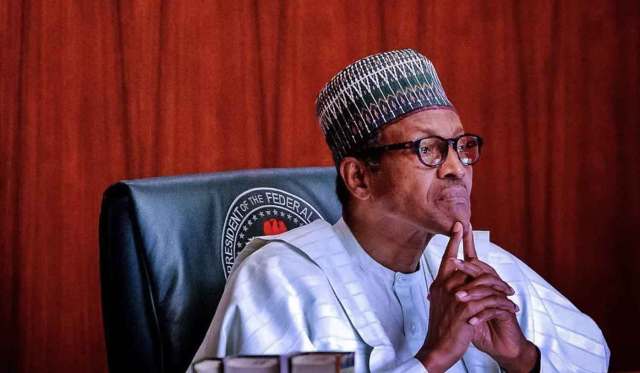The Presidency has expressed dissatisfaction with the current ranking of Nigeria on global corruption index by the Transparency International, questioning the sources of data used in the evaluation. The Presidency maintained that the Nigerian seat of power is currently analysing the sources of data used in arriving at the latest Transparency International (TI) report on Corruption Perceptions Index in Nigeria, protesting that the report is not an accurate portrayal of what is really happening in the country.
The Presidency declared in a statement by the Senior Special Assistant to the President on Media and Publicity, Garba Shehu, that in the coming days, the Government’s Technical Unit on Governance Research (TUGAR) will be providing more detailed information on the sources of the TI data.
It argued that while waiting for the information, the Presidency was of the view that the assessment of the 2019 report indicated that 60 per cent of the data used by TI was collected from businesses and other entities with issues bordering on transparency and the ease of doing business at the ports.
The Presidency, however, admitted that the government is ready to learn from mistakes and make corrections, arguing that the economy of Nigeria, in its fullness, is bigger than the seaports.
The Presidency alleged that some forces are behind the TI in Nigeria whose opposition to the Buhari administration is not hidden. It protested that the Buhari administration deserves credit for diminishing corruption in the public service and will continue to vigorously support prevention, enforcement, public education, and enlightenment activities of anti-corruption agencies.
Shehu Garba maintained that the government has repeatedly challenged TI to provide indices and statistics of its own to justify its rating on Nigeria and the fight against corruption, pointing out that the government expects TI to come clean and desist from further rehashing of old tales.
The Presidency agitated that a Naira denominated review that excludes recoveries in Dollars, Pounds, Euro shows that a sum of N1.2 trillion was recovered by EFCC between 2009 — 2019, saying N939 billion of that total was recovered between 2015 – 2019 with less than N300 billion recovered in the first six years.
The Presidency further stated that preventative instruments deployed by the administration such as Treasury Single Account (TSA), Integrated Personnel and Payroll Information System (IPPIS) coverage expansion and the removal of 54,000 ghost workers from federal civil service saving N200 billion annually serve as evidence that Transparency International’s perception is not reality.
.

 Health1 week ago
Health1 week ago
 Latest1 week ago
Latest1 week ago
 Football1 week ago
Football1 week ago
 Education6 days ago
Education6 days ago
 Crime1 week ago
Crime1 week ago
 Comments and Issues5 days ago
Comments and Issues5 days ago
 Comments and Issues5 days ago
Comments and Issues5 days ago
 Football6 days ago
Football6 days ago

